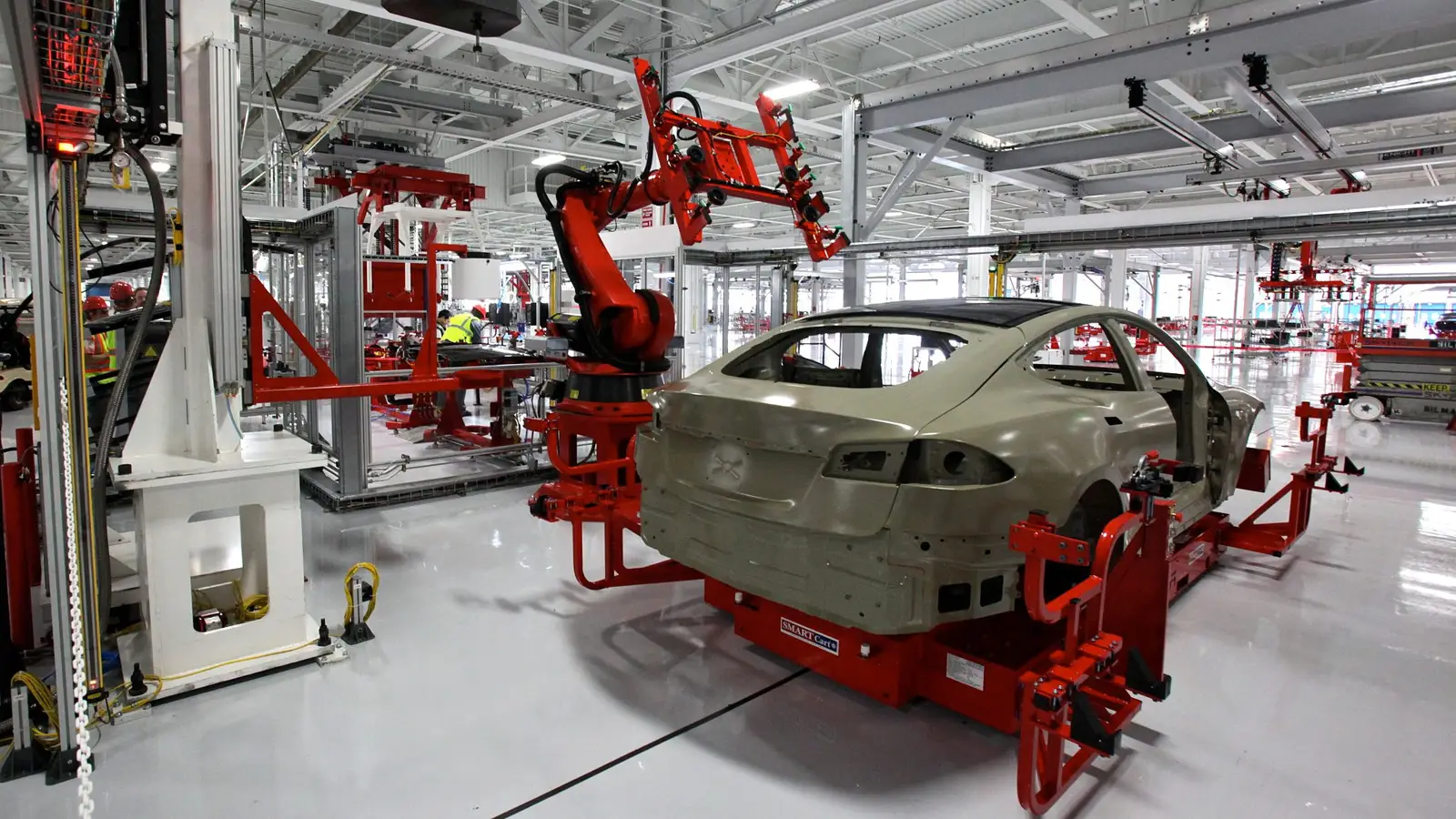Princeton Research: Repealing EV Tax Credits Could Devastate U.S. Auto Industry

A Princeton study reveals that removing EV tax credits may cut U.S. electric vehicle sales by 40% by 2030, threatening jobs and manufacturing. Learn more about the risks.
The repeal of electric vehicle tax credits could deal a severe blow to the U.S. auto industry. A study from Princeton University warns that if the electric vehicle support program under the Inflation Reduction Act (IRA) is dismantled, it could lead to a sharp decline in EV sales and trigger a major crisis in the manufacturing sector.
According to analysts, without tax incentives, U.S. EV demand could drop by 30% as early as 2027 and by 40% by 2030. The market share of EVs, initially projected to reach 40% by the end of the decade, would instead stagnate at just 24%. Additionally, the study warns that EV adoption could slow even sooner, with the share of EVs among new car sales falling from 18% to just 13% by 2026.
But it's not just about sales. The study suggests that the risks extend to manufacturing as well: up to 100% of planned EV assembly plant expansions could be scrapped, and battery cell production capacity could shrink by 29–72% by 2025. This threatens not only the industry's future but also thousands of jobs across the country.
Currently, nearly $200 billion has been invested in EV manufacturing in the U.S. Two-thirds of these investments were announced after the IRA was passed in 2022, underscoring the crucial role of government incentives in driving this shift.
The situation is raising concerns among automakers. Major companies, including General Motors, Toyota, and Volkswagen, have already urged the Trump administration to preserve the tax credits, warning that their repeal could slow the transition to electrification and jeopardize multi-billion-dollar investments.
What makes this particularly paradoxical is that rolling back these incentives contradicts the administration’s own economic goals. While Republicans advocate for strengthening domestic manufacturing, they are simultaneously considering dismantling one of the most successful programs fostering U.S. industrial growth and job creation.
Although forecasts are always just projections of a possible future, one thing is clear: eliminating EV incentives won’t just slow adoption—it could fundamentally reshape the market, setting the U.S. back years in the global race for technological leadership.
Mark Havelin
2025, Mar 14 00:23


